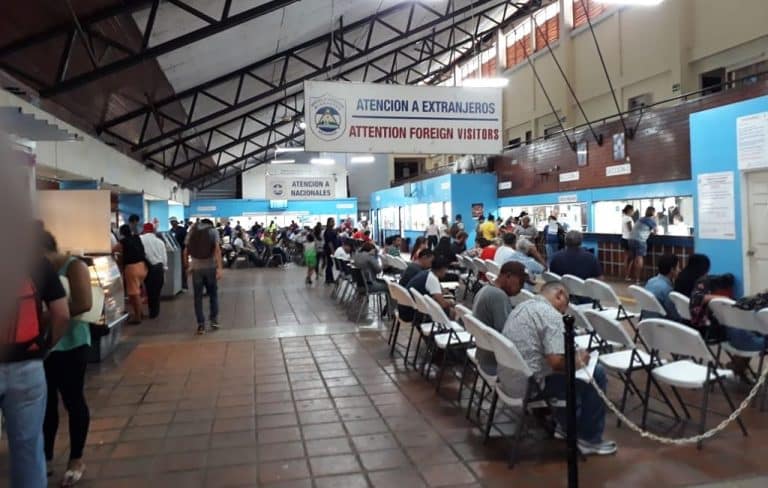26 de julio 2024

Children of Exile: The Births “Sowing Hope” in the Camp of Nicaraguan Farmers

PUBLICIDAD 1M
PUBLICIDAD 4D
PUBLICIDAD 5D
“A significant number” of children and teenagers are denied their identity documents and passports, according to the Nicaragua Lucha Coalition

The Ortega dictatorship has prevented “a significant number” of children and teens of exiles, from leaving Nicaragua. They impose “obstacles” to process the necessary legal documents for family reunification, denounced the Nicaragua Lucha Coalition, composed of 23 Nicaraguan organizations in exile.
According to the Coalition, these minors have been unable to benefit from migration opportunities such as humanitarian parole or humanitarian visas.
“We denounce that the authoritarian regime of Ortega and Murillo continues to refuse to provide identity documents and passports, among other actions against exiles such as preventing re-entry into the country or de facto statelessness, tactics typical of State terrorism in Nicaragua,” according to a statement from the organization.
The organizations warn that a similar situation “is replicated” with the families of other vulnerable groups of refugees and asylum seekers, such as indigenous and Afro-descendant people, young adults (18 to 25 years old), pregnant women, victims of gender violence, LGBTQI+ individuals, elderly, disabled, and chronically ill persons.
“We draw attention to the impact of the closure of Nicaraguan consulates in destination and transit countries. This exacerbates the precariousness of the rights of Nicaraguan refugees and asylum seekers,” the statement points out.
The coalition warns about “the psychological, social, and emotional impact of the human mobility situation on the Nicaraguan population,” who have been leaving since the start of the sociopolitical crisis in 2018.
Between 2018 and 2023, at least 440,260 Nicaraguans sought asylum in different parts of the world, according to the most recent report from the Group of Human Rights Experts for Nicaragua (GHREN), with data from the UN Refugee Agency (UNHCR).
The document recalls that forced displacement “is classified as a crime against humanity.”
The Coalition requested international community support for Nicaraguan refugees and asylum seekers.
They call on countries with a high flow of Nicaraguan migrants to avoid returning these citizens “where their life, liberty, or integrity may be at risk.”
They also request “access to fair and efficient procedures” that guarantee “rapid, transparent, and fair asylum processes, with access to adequate legal representation.”
This article was published in Spanish in Confidencial and translated by Havana Times. To get the most relevant news from our English coverage delivered straight to your inbox, subscribe to The Dispatch.
PUBLICIDAD 3M
Agencia de noticias internacional con sede en Madrid, España. Fundada en Burgos durante la guerra civil española en enero de 1939.
PUBLICIDAD 3D